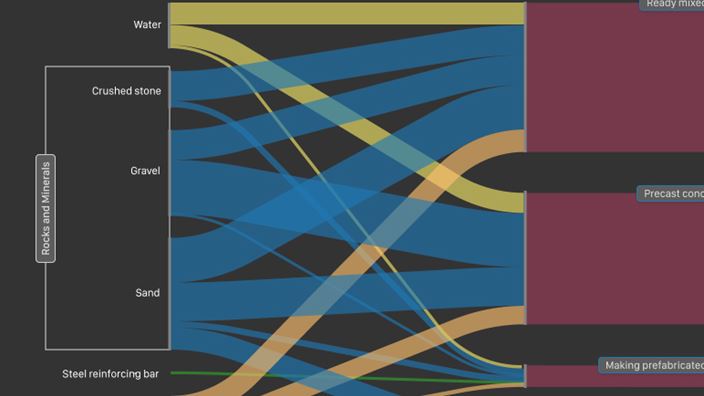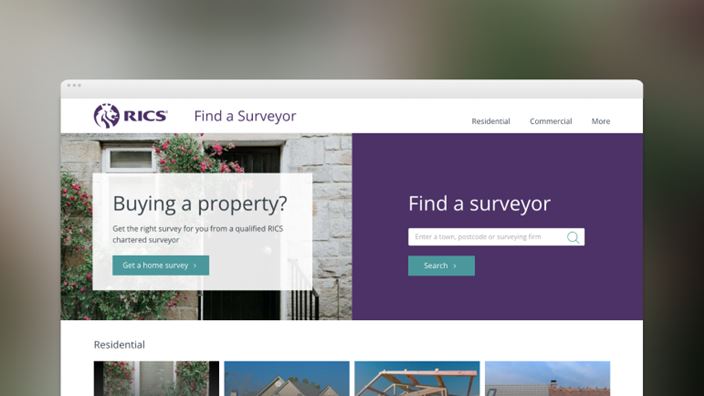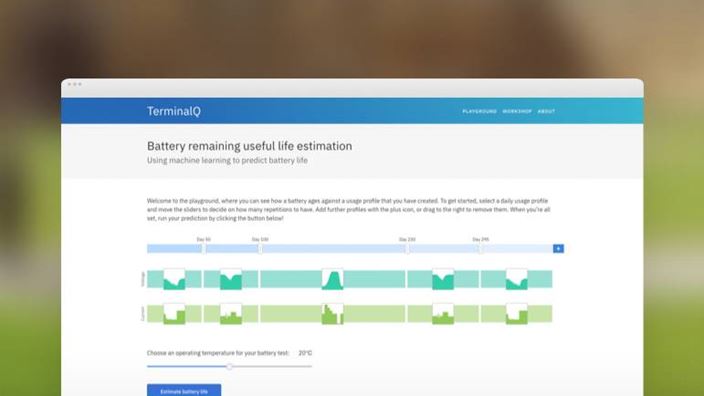Exploring risk and reward: Raising awareness of sustainability challenges for business leaders
Services: UX and design | Software engineering
The Cambridge Institute for Sustainability and Leadership (CISL) combines research with business to train influential leaders in addressing global challenges to sustainability through natural resource usage and climate change.
One of the most fundamental topics CISL covers is evaluation. They wanted to develop an interactive tool to help business leaders understand the commercial implications - and value - of implementing different sustainability strategies.
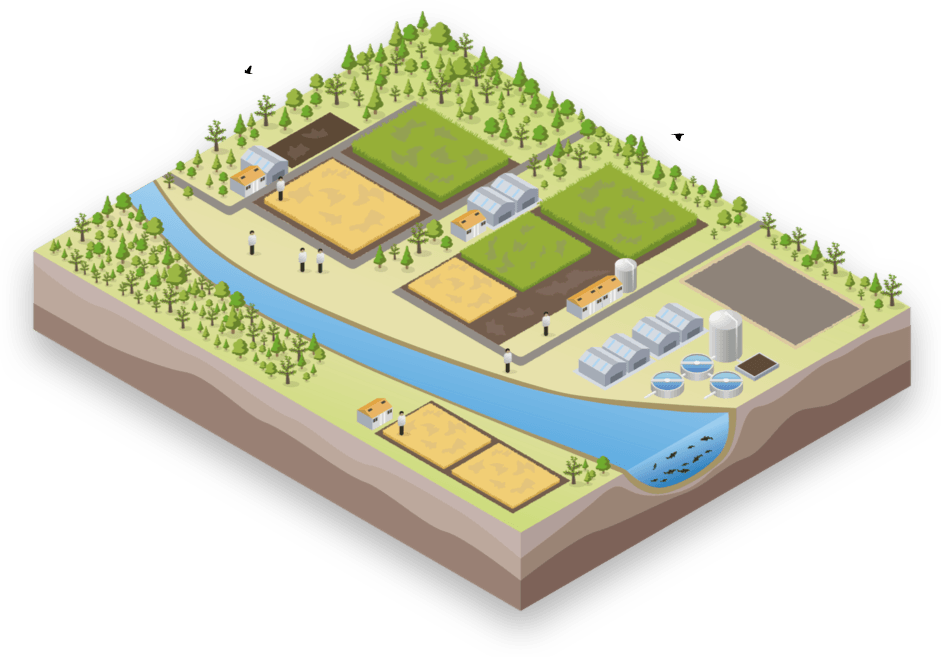
Game theory
Fluent built a game to visualise the concept. Players are presented with a scenario and a range of actions they can take. Each of the actions are based around a particular impact, such as reducing carbon emissions or improving water quality.
There are a number interventions that the player can take to bring about their desired impact. Each come with a benefit evaluation - but they also come with a cost attached. As the player only has a budget of £100k, they must weigh up the options and try get the best value (for the community, for the environment, for their company) out of their decision.
The game includes a section on risk to raise awareness that failure to act in some areas increases reputational, regulatory and environment risk to the business. We included some randomisation, to communicate the idea that academic models are not perfect, and numbers are based on uncertainty.
Complex made simple
The visualisation and game mechanics were built as a single page web application.
The visual changes as various interventions take place - so the landscape becomes greener, wildlife increases, and the water quantity and quality change in a series of hundreds of individual animations.
In order to make sure the game was accurate, we first built the game in Excel and then translated the simple CSVs into a Javascript framework. The result is a game that’s simple to play, underpinned by complex processes.
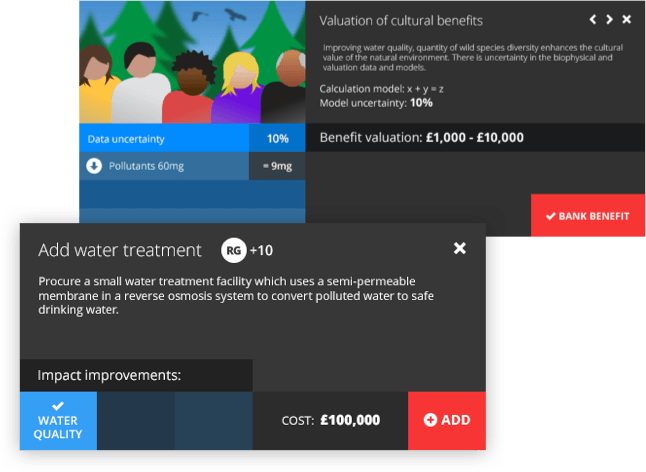
More client stories
Or see how we've delivered other projects in sustainability and climate change
Talk to us about building for the future
Ready to create a better way of working, for people and our planet? Talk to Fluent, sustainability is in our code.
